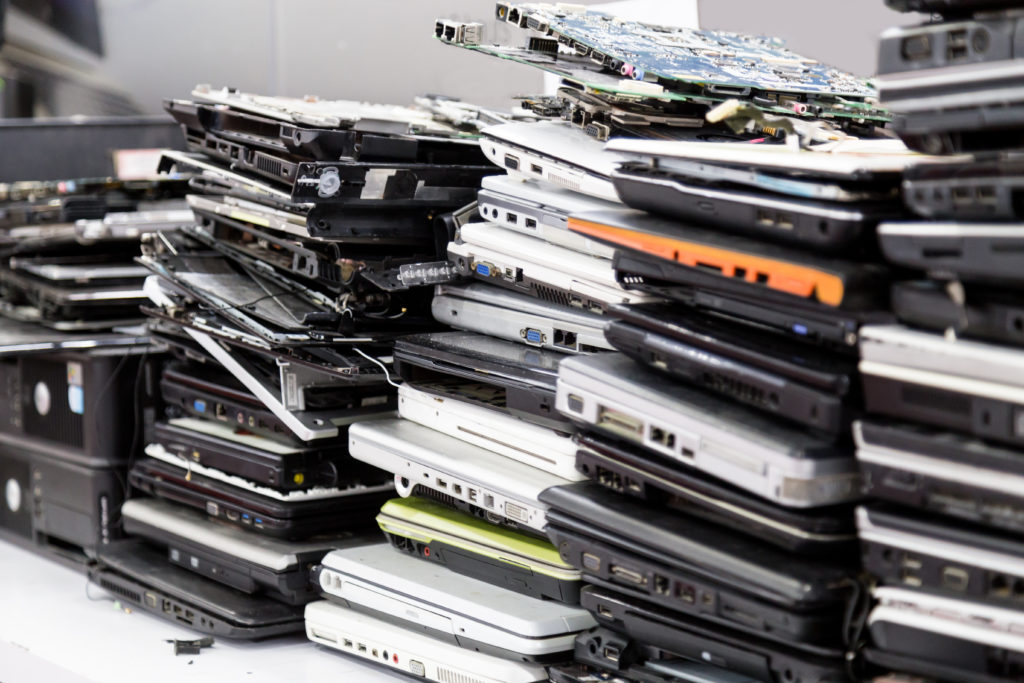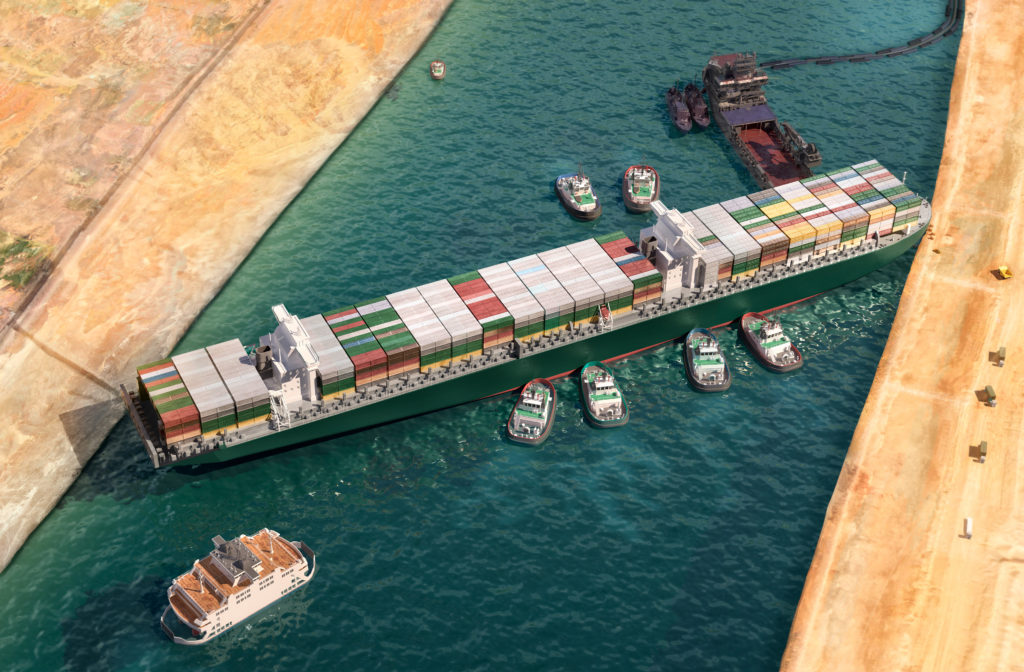Metals play a key role in digitalisation – their recyclability must be improved
The life cycle of electronics and the raw materials they contain can be lengthened, and their recyclability can be improved. Research is increasing our understanding on the processes of sustainable production and use of raw materials.

In addition to urbanisation, climate change and the growth of emerging markets, digitalisation is a significant megatrend of our time. It’s everywhere, just like natural resources – and our society needs both to function. The electronics we use contain a variety of metals. Some are common, some are rare, and many are critical. Metals take time to form – often billions of years – and their formation requires the interaction of particular processes and conditions.
Metals are produced in mines. Many factors need to line up for us to be able to produce metals. A geologist must find a mineral deposit with a location where it is financially profitable and locally acceptable to open a mine. All the necessary permits must be in order, the market prices must be favourable, and funds must be available for the sizeable investments opening a mine requires. But financially profitable mineral deposits can’t be found everywhere. They exist in locations where geological processes and conditions have enabled the deposits to form. This is why only approximately one in a thousand mineral exploration projects result in the opening of a new mine.
If a device is recycled at the end of its service life and its metals are efficiently extracted, the raw materials will continue to benefit our society.
One smart device contains tiny amounts of around 70 different metals. However, the life cycle of electronic devices is short, especially if you compare it with the time it takes for all the raw materials needed to manufacture them to form and to end up in a device. It’s a long journey. If a device is recycled at the end of its service life and its metals are efficiently extracted, the raw materials will continue to benefit our society. However, most electronics still end up in mixed waste, and a lot of valuable raw material is wasted. Consumers do not necessarily take their devices to a recycling station, and not all metals can be extracted. To make the entire life cycle of electronic devices more sustainable, the devices and metal alloys used in them should be designed to enable repairing and improve and enhance recyclability. This would reduce consumption and the quantity of raw materials requiring excavation from mines.
Consumption is the key issue in sustainable production
Most of the metals required for electronics are produced in China and Africa. Components for electronics are mainly produced in Asia. Production sometimes occurs in conditions that do not sufficiently account for the environment or human rights. Both the raw materials and components for electronic devices are transported to the other side of the world. Here in the EU, we’re doubly dependent on imports in this respect, which has an effect on our security of supply. This has been especially highlighted in connection with the coronavirus pandemic and the Suez Canal incident, which interrupted sea transport. The electronics industry has been struggling to procure microchips containing metals.
As consumers of electronics, we play a significant role in the functioning of the markets. This means we also play a key role in improving the sustainability of the electronics industry. We should appreciate the natural resources we consume more than we do. Awareness of the metals contained in electronics and their origin, rarity and production, as well as awareness of their related investments and social and environmental impacts can improve our understanding of our responsibility as consumers. As consumers, in both Finland and the EU, we can demand more environmentally-conscious and self-sustainable mining operations, as well as more responsible electronic product design aiming for longevity, repairability and improved recyclability. Electronic devices that have reached the end of their service life should not be seen as waste; they should be seen as a valuable source of raw materials.
The metals have already come a long way, but their life cycle can still be made considerably longer. Metals should not be looked down on, forgotten and abandoned. The first step towards the sustainable production and use of metals is to increase our understanding and knowledge of the associated processes. The industry and research institutions in the field play a significant role in this.
Electronics’ raw materials and their related challenges are studied in the GTK-led Digitalisation and natural resources project in cooperation with the Finnish Environment Institute (SYKE) and the VTT Technical Research Centre of Finland. The project is an initiative of Sitra, and it is financed by Sitra. The final report will be published in the early autumn of 2021.
Text
Toni Eerola, Senior Specialist, Mineral Economy Solutions

